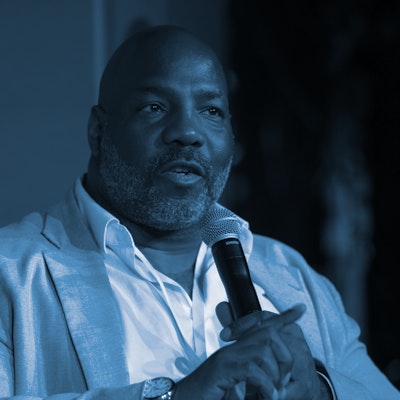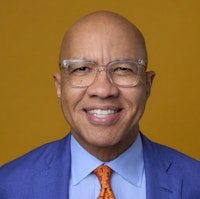
Being color blind, in some ways, concretizes those systems, and structures, and policies that were built on race.
Show Notes
If you’re white and middle class, you were probably raised thinking that discussing race was impolite. Color blindness was seen as a virtue. But in truth, color blindness is an insidious form of racial oppression, says Ford Foundation President Darren Walker. In this episode, Walker and Jeff Raikes, former CEO of the Gates Foundation, speak with Michele Norris, director of The Bridge at the Aspen Institute, about how color blindness affects social policy.
Explore
Related episodes


How far have we come toward racial equality since the civil rights era? What would Dr. King think?


Bryan Stevenson, founder and director of the Equal Justice Initiative, speaks with Harvard President Drew Gilpin Faust about his organization’s efforts to build a museum examining the legacy of slavery, racial terrorism, segregation, and police violence.


How does the dialogue on race continue?


Today race is a more prominent and intransigent problem than ever.


Author Jeff Chang says America has slid back toward segregation.









